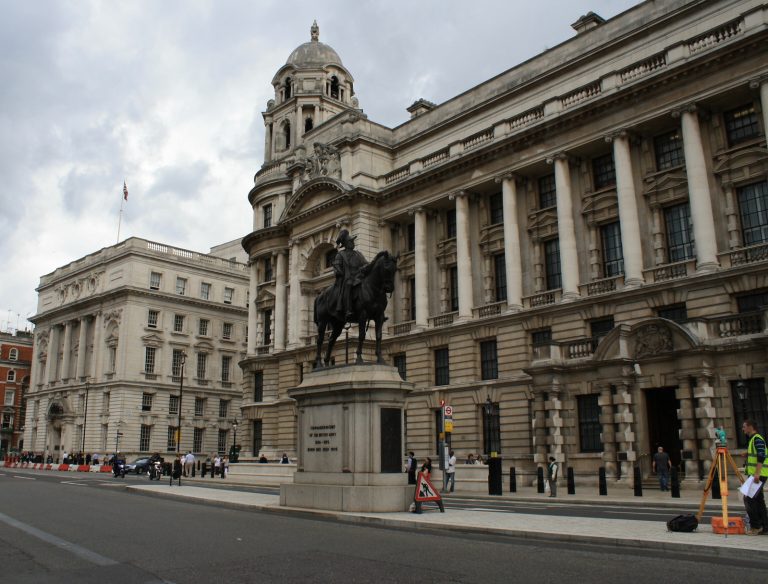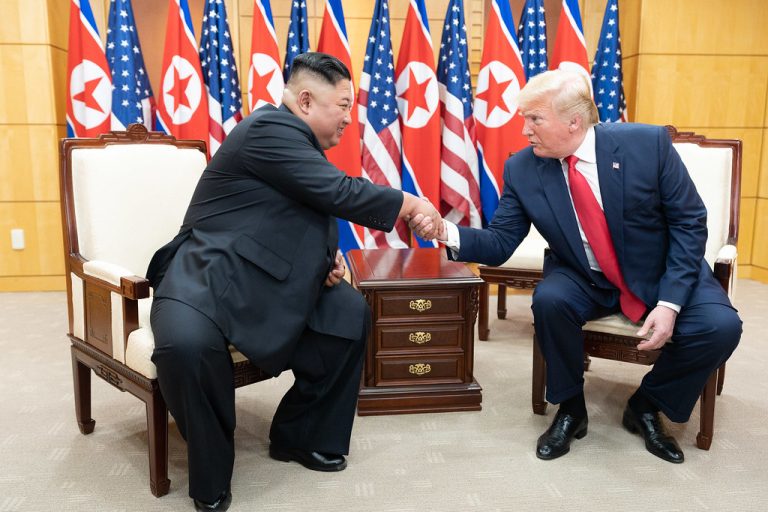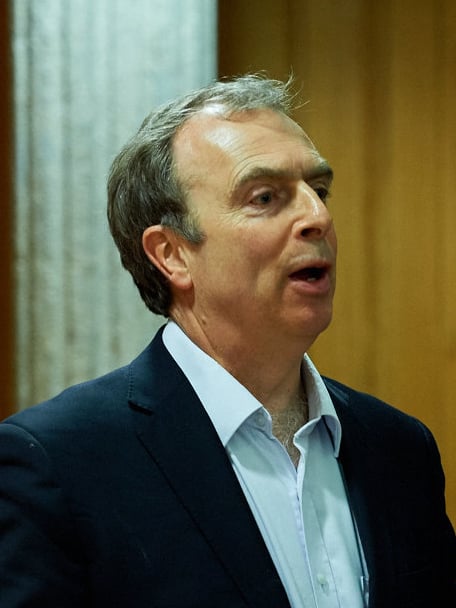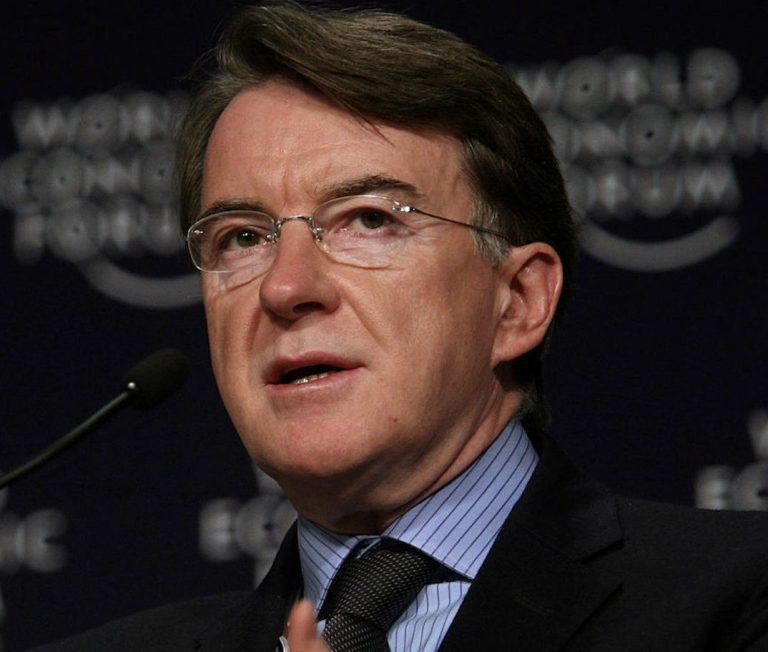Max Fosh is a YouTuber and stand-up comedian, who first garnered acclaim for his StreetSmart series of street interviews. Fosh then expanded towards more prank and challenge-style videos, before launching his first stand-up tour Zocial Butterfly in 2021. Cherwell interviewed him ahead of his Loophole tour across the UK, Europe, America and Australia in 2024 and 2025. He is performing in Oxford’s New Theatre on the 20th September, 2024.
BILLY:
Take me back to your beginnings. Did you think you were funny growing up? Were you funny growing up?
MAX:
That’s a very good question. I remember, I was in the car once on the way to school, and I was probably about eight, and we were listening to the classical music piece – as we did on the way to my private school, listen to Classic FM, classic me, eight year old, loved it – we were listening to Carmen by the composer Bizet. I said to my mum “Who composed this?” she said “This has been composed by Bizet” and I said “Well he must have been a very Biz-ey man” and my mum laughed, I remember my mum laughing, she found it really funny, and as an eight year old, I thought “I really enjoy his feeling of making someone off and then I tried to like keep going, and obviously wasn’t funny, I mean the first joke wasn’t funny anyway but it was for an eight year old. And I think that was like, hold on. Like, I enjoy doing this. I enjoy making people laugh. I enjoy entertaining people. So I’ve always had a bit of a bug for it growing up.
BILLY:
When you started getting involved in comedy, you started in radio at university. Did you
see stand up as the end goal of your career? Did you think that’s where you’d end up?
MAX:
No, and I still I still don’t see it as like, you know, the North Star, the golden goose. But it is something that I think that I’ve worked on in terms of like the qualities that you need in order to do a live show. And the … I would hesitate to call it stand up comedy because it is a bit more than that. It’s more storytelling. It’s kind of using a screen, it’s telling incidents and kind of divulging different bits and bobs that happened while filming videos. But I feel like I have done the requisite stage time in order to feel comfortable on stage. And I just think it’s a way that I can enhance the relationship in the community that I already have on YouTube by doing a live show.
BILLY:
You said enhanced the relationship – I know in your last tour, you incorporated storytelling about how you came to do your videos, and in a way reinterpreting the content you’d already made. Do you see that as all part of a Max Fosh ecosystem and persona? Is it the same audience for your stand up as it is for your YouTube videos?
MAX:
Yeah, absolutely. The biggest feedback I had from the last tour was people saying “Oh, it was like a video but live”; and that is something that we tried really hard, when I was writing the show, to make sure that was the case and also, I want the live show to be as accessible to anybody like the videos are. If you find a concept funny on YouTube, and you see the title and you click on it you’re hoping to enjoy the 10 minutes or 15 minutes or whatever that I’ve got in store for you. And that’s the same with the live show. A lot of people come with their friends, their family, their partners who’ve never seen a single one of my videos and we are very very conscious of trying to make sure that the show is as accessible to them as it is to the big fans so there’s no there’s no in jokes. There’s no things that are a wink wink nudge nudge that you’ll only get if you watch the vids but rather something that everyone can enjoy.
BILLY:
In terms of where stand up fits in your whole ecosystem – obviously, you’ve kind of had a progression of going slightly more long-form. You started with StreetSmart, and then your prank style videos and now stand up. I know you’ve spoken about trying to be authentic, do you feel you can flesh out your persona more as you get into the longer form things?
MAX:
I think I’ve just tried to make sure that I’m as as well rounded as a kind of entertainer as I can be. I understand how to entertain someone on YouTube over a 10-15 minute period. I understand how I can cut that down to 60 seconds for TikTok, but there is a lot of people who are always talking about “Is it sustainable, what’s going to happen in the future and how long are you really going to be able to make videos for”, and I agree that that’s a legitimate question and a legitimate concern. And so I have tried to make myself as malleable as possible, to provide as many skills as I can so I can walk into any room in 5 or 10 years down the line and kind of like a buffet say “Hey, I can offer you 4 million subscribers – no? Okay, I can offer you a live show at the Palladium or a tour or the Edinburgh Fringe.” So I’m just trying to make myself as employable as possible in the future.
BILLY:
And is that a thing that you feel like you have to do to be taken as a kind of serious comedian? Does stand up have to form part of that in 2024?
MAX:
Being regarded as a serious comedian – I think that is always going to be something out of one’s control. Especially with the new wave of the way that comedians are breaking through; previously it was like you go to Edinburgh Fringe, you then did Mock The Week and the panel shows, the producer gave you a slot on a on a bigger show and you’re able to sell a tour. Whereas now, you’ve got comedians, like legitimate comedians, let’s say Andrew Schultz or Luke Kidgell, they’re utilizing social media to do to grow their audiences. And then you’ve got creators who are developing what they’ve already got and making live shows about it. I would probably say I’m more in the latter camp than the former camp. But ultimately, the most important thing is once you’ve got the people in front of you, if you can get bums on seats, you’ve got to be able to provide an entertaining show. And that’s all that matters. And so that’s my responsibility, if you will kind of want to say “Oh, he’s not a serious comedian or he’s not a serious performer”, then that is absolutely fine. As long as I feel like I’ve provided a good show, then that’s all I care about really.
BILLY:
Speaking about authenticity, I think you obviously self-deprecate with being posh and that forms part of your rapport. When you talk about being authentic, is there a danger that authenticity can just become acknowledging that and not recognizing that you can be more than just that persona?
MAX:
Yeah, that’s a really good question. And it’s something that I recently have moved away from. In the last show there was a bit of bit of stuff about poshness and where I grew up and I agree that often you hear entertainers banging on about something that’s the same thing every single time and it gets quite boring. And I’ve made a concerted effort over the last few years to make the content less focused on posh, and less talking about my background or upbringing. And the same goes with the show; there’s nothing to do with poshness in the show whatsoever. Because ultimately, I think people look past that. Yeah, you can make a few gags about it and there’s fun self-deprecation opportunities there. But ultimately, it can be quite taxing and tiring from an audience to just constantly be fed that narrative. But also my upbringing, my background is not something that I want to hide or I can hide. And I think that that’s more disingenuous, because the audience wants you to be the most authentic self you can. But ultimately, there’s also there’s also an odd situation at play in the media and entertainment in general: the affable, lovable, posh person, there’s always one. There’s always one in the entertainment ecosystem. I mean, Jack Whitehall did it in the comedy world, Jamie Lang has very much been able to do that in the reality TV world and then gone into podcasting. So there is obviously a fascination from the wider populace about this version of poshness that people find interesting, I’m not a sociologist to be able to delve into that deeper but it’s something that I recognize.
BILLY:
I remember when I first came to your videos, it was in the StreetSmart phase and I know that at that time, you were younger and your content engaged a lot with university culture and people at university. Do you still think that informs your comedy now you’re more distanced from that part of your life? If you’re talking about making the show accessible to families, is that something that’s less important?
MAX:
Yeah, I’ve always tried to make the videos as things that I want to watch, like that is one of the biggest mantras that I have. And when I was at uni, like when I started in 2017, I was 22. I thought “Yeah, I’d love to see more of these” because you know, every university has that format going on, but they post them once every six months. I’d always think “These videos are so long, there’s much fluff and we can cut all of this out”. So I made my own because I wanted to watch that. And then ultimately I did that for two or three years, I left university, I grew up. You leave the ecosystem where it is your life when you’re there, as it should be. And then as I got older, I thought, well hold on, what do I want to see? And so that’s when I started doing a few sneak in videos and being a bit cheeky because I enjoyed watching that kind of format. And then subsequently from there, it’s moved and changed and shifted, and I’m 29, I’m nearly in my 30s. I’m sure that my content is gonna be different in three or four years time. What that’s going to be I don’t know, but I think it is important to shift with your audience as you get older.
BILLY:
So do you think you’ve retained that audience all along and added somebody else? Is that something that you think about? I know, obviously the creative mindset is making something for yourself, but how do you in your creative process understand what it might be to be a family show, rather than just your kind of experience?
MAX:
I try not to give that much agency to what the audience wants or thinks about, because I’ve seen it being quite a slippery slope when it comes to making content. Like you see creators who start to really look at data, and start to get analysis paralysis, and almost pander to a demographic that they see as watching the videos. And that is changing all the time. That’s very fluid as to who is watching the video. And now the way that the algorithm works, where it’s getting very, very good at being able to identify what you want to watch specifically. So the old subscription model of YouTube where ‘this is a channel that’s for these types of people’ has slightly moved away now. It’s more these are videos; who wants to watch this video? So I think that it means that YouTube has become more accessible for creators to create things for almost anyone. And ultimately though the most important part of my video of creation is title. You’ve got to be asking a question in that title that has some form of information gap that people want to watch the video to find out. And that is basically pretty universal. I think if you take my most recent videos for example, like ‘hot dog eating competition between a grizzly bear and a competitive eater’, you want to know who’s going to win that regardless of age demographic, wherever you come from. And so that’s kind of what we’re trying to do with this.
BILLY:
Beyond the title, in terms of the structure of the video, do you feel there’s space to be creative with trying to understand the algorithm? Once a viewer has clicked onto the video, is retention then predicated on having a certain structure, or is that the place where you can get creative?
MAX:
No, absolutely, it’s structure, structure, structure, and it’s about within the first 30 seconds, earning their click. They’ve clicked on something because they’re interested, so then you’ve got to deliver in that first 30 seconds and you’ve got to set up a reason why you’re doing this. And then from there, it can be slightly more fluid in terms of how it plays out. But that first 30 seconds is incredibly important and I look at a lot of storytelling structures that are used in TV and films to inform how the videos get made. Because ultimately, you sit down with a bunch of footage, and how do you try to form this into a coherent story? And that’s where the editing is. It’s kind of the most important because it’s a lot of just working out how you’re going to tell the story in the most interesting way.
BILLY:
Just to go back to the idea of poshness. Do you think in terms of punching up and punching down in your comedy? That poshness is easily accessible for comedy because you’re never going to be punching down when somebody’s posh, especially now when those issues are more sensitive about punching up and punching down. Do you think things will trend more towards that way?
MAX:
Yeah, and that’s why I think that’s why initially in the in the StreetSmart days and the interview days, the posh videos did so well, because there was this feeling of it was a victim-less crime if you will, because people like to see posh people have the mick taken out of them. And also weirdly posh people also love this, in a weird Stockholm syndrome where, you know, the people themselves are like, “Oh, please take the mick out of me!”. It’s out of me. So that was that was quite interesting to see. And with the videos again, the video that is kind of my best performing video was the Welcome to Luton prank; I think it did well because again it was a victimless crime. It was just, you know, a sign in a field. And it was like a lot of the the media coverage that was used about it was talking all about “oh this is funny because nobody’s getting hurt”. And we have seen the 2014-ification of pranks and videos; it’s no longer the case where it used to be “Yeah, I’m happy to watch a member of the public have their day ruined because it’s cause it’s funny”, whereas now I don’t think consumers quite have the same appetite for that anymore and I’m glad they don’t because I don’t think it’s a particularly nice way of creating content.
BILLY:
Do you think that appetite changes because YouTube has drifted closer towards traditional
media with production values and big creators?
MAX:
I don’t know whether it’s it’s a result of YouTube. I think it’s just a result of it becoming a tired format of being a nuisance to the general public. That expires after a while but I’m sure that will come back in 20-30 years time because these things are all cyclical and they do often repeat themselves.
BILLY:
Three quickfire questions before we go: biggest comedic influences?
MAX:
The Comedy Store Players which are an improvised group in the Comedy Store in central London, so people like Richard Vranch, Josie Lawrence. Cariad Lloyd, Paul Merton. Bill Bailey, Jack Dee and Bo Burnham.
BILLY:
I know you once said your volcanic video was your favourite that you’ve ever made, so what about your favourite since then?
MAX:
Let’s have a look. *Opens YouTube* I mean, you’re right – the volcano video purely because it just took so long to come together and was something that I was working on for genuinely years. A video that I’m really proud of … probably making a full Hollywood trailer to get my friend a date. We hired a Hollywood director, an explosions department, a stunt team, everything, the works to get my friend the best Hinge video that the dating app has ever seen. I think I think it worked. I think he got a few dates off the back of it, which is nice. That’s good.
BILLY:
Final question – your dad and granddad both went to Cambridge. If you had to choose would it be Oxford or the other place? Remember that you’re speaking to an Oxford student newspaper.
MAX:
The good news is that both of them rejected me. So luckily, I don’t have to make that decision.











